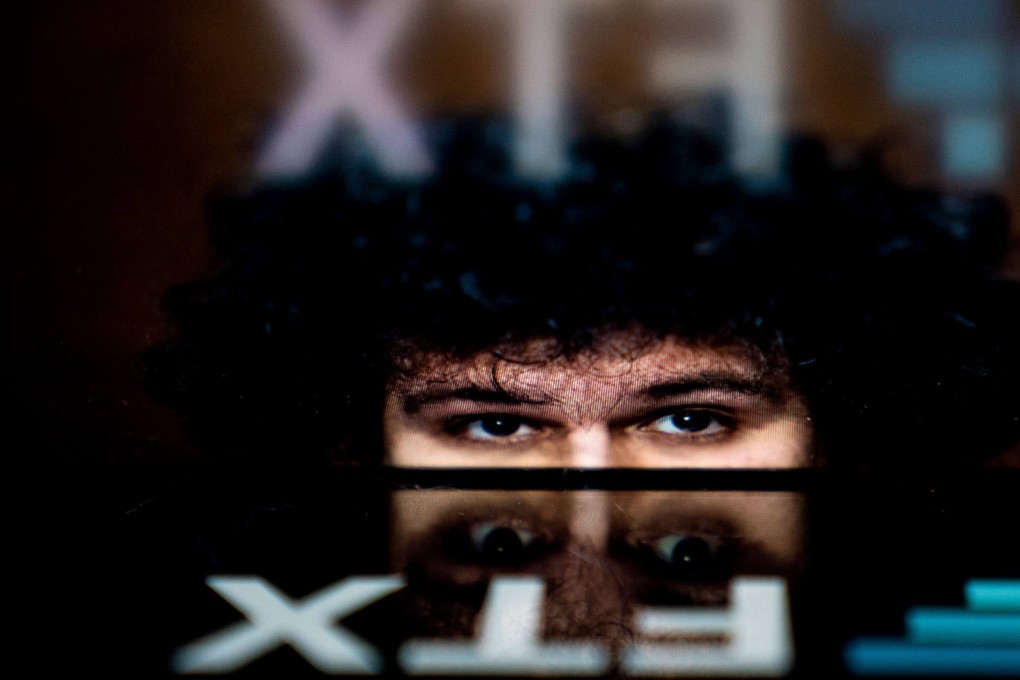‘Not open to crypto speculation at all’: FTX meltdown puts focus on Singapore’s digital asset stance
- FTX meltdown likely to spur the need for governments – in Singapore and elsewhere – to step up plans to regulate the cryptocurrency space
- Some Singapore youth say they were convinced FTX was safe; authorities say they have long warned that cryptocurrencies are unsuitable investments for the retail public

He quickly built up a decent sum, mostly using Binance – the world’s largest cryptocurrency exchange. But government regulations introduced last year limited the services Binance could offer Singaporeans, so the 26-year-old decided to shift his money to another exchange, FTX, a platform with around one million users.
On November 8, he noticed that something was wrong as major institutions began unloading their holdings of FTT – native cryptocurrency tokens used on FTX.
“I happened to have my money in the wrong place at the wrong time,” he said. Imagine having S$50,000 in [a bank] and then suddenly you don’t any more, not because you bought the wrong stocks, but simply because you left your money in there.”
Last week, in mere hours, he lost almost his entire savings when FTX saw a huge sell-off triggered by a tweet by rival Binance’s CEO Changpeng Zhao, announcing the firm had decided to dump all its FTT holdings.